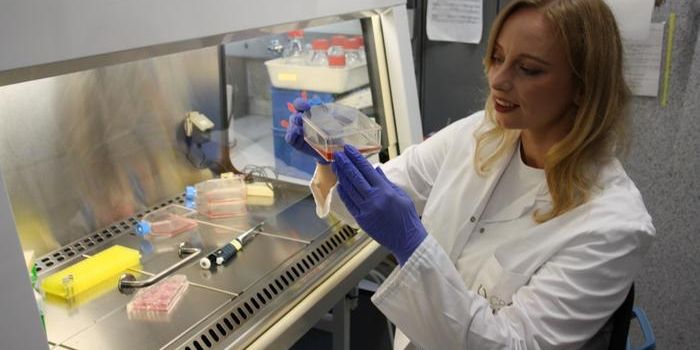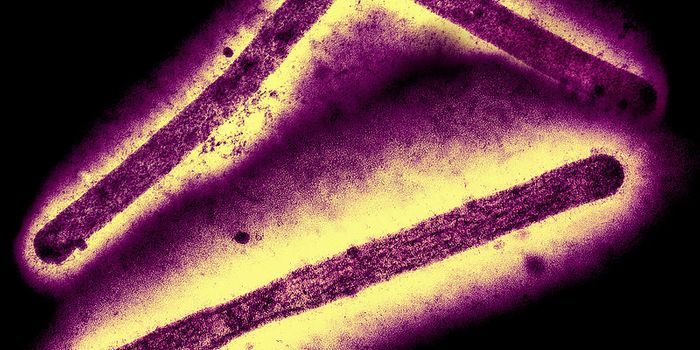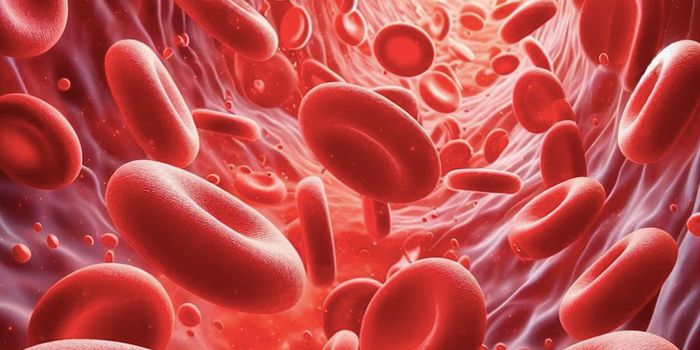A Repurposed Drug Can Treat a Genetic Disorder
Genetic diseases result from errors in a gene. Gene therapy seeks to correct those errors, and a variety of different approaches have been tested. But researchers have now shown that in some cases it may be possible to use a drug to restore gene function when there is a genomic mutation disrupting one of the two copies. The work has been reported in Science Translational Medicine.
Everyone inherits two copies of each chromosome (except for the sex chromosomes) so there is a backup copy of nearly every gene. For some genetic diseases, there must be two defective copies while for others it only takes one defective copy to cause a problem. In the case of an eye disease called aniridia, symptoms of the disorder occur when only one copy of a gene called PAX6 carries a mutation that renders its protein nonfunctional; the disease is inherited in an autosomal dominant manner.
People that carry a mutated form of PAX6 have eye development problems that significantly impair their vision and cause other systemic abnormalities. The disease, called aniridia, can progress through life, noted the corresponding study author Ali Djalilian, a professor of ophthalmology at the University of Illinois at Chicago.
Using a mouse model of aniridia, the researchers were able to screen drugs that enhance the activity of the PAX6 gene. This led them to a class of drugs called MEK inhibitors, which can trigger the expression of PAX6 in eye cells. When they tested an MEK inhibitor in newborn mice with low levels of PAX6, they were able to improve the development of the eye. Vision was also improved in mice that were exposed to a topical MEK inhibitor.
"Patients with aniridia can develop progressive loss of their corneal stem cells which is a challenging clinical problem. Our research in the Corneal Regenerative Medicine Laboratory is aimed at regenerating healthy corneal cells, which we hope can help these and similar patients," said study co-author Mark Rosenblatt, dean of the UIC College of Medicine.
"More studies are certainly needed before this approach can be tested in human patients, nonetheless, the study opens the possibility of using approved medications in some genetic diseases to enhance the function of a normal copy of a gene to compensate for the non-functional copy," said Djalilian.
Sources: AAAS/Eurekalert! via University of Illinois at Chicago, Science Translational Medicine









